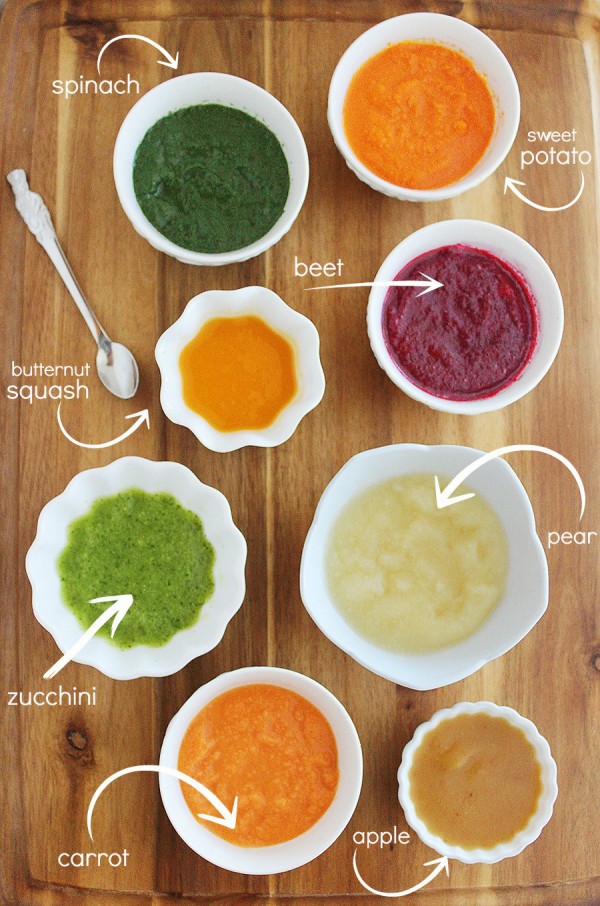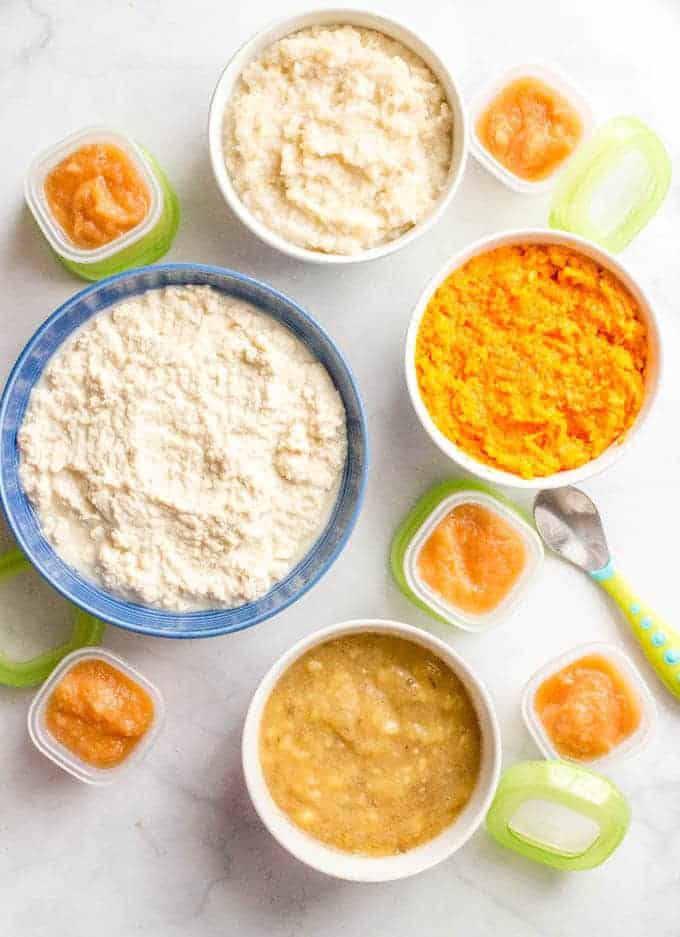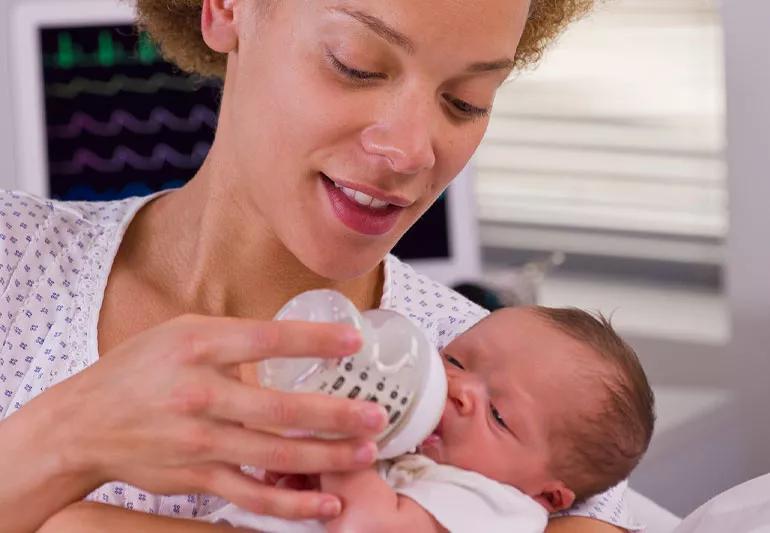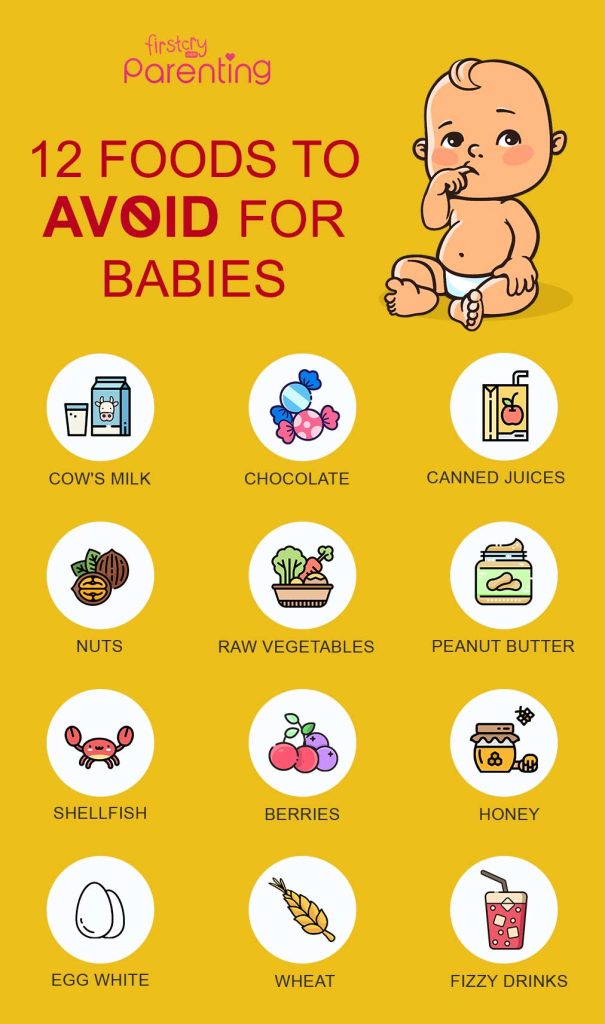Homemade baby foods can be healthier and more nutritious. They often contain fewer additives and preservatives.
Parents often consider homemade baby foods for greater control over ingredients and quality. Fresh, organic produce can provide essential vitamins and minerals without added sugars or salt. Homemade baby foods allow customization to suit a baby’s dietary needs and preferences.
Preparing baby food at home can also be cost-effective and environmentally friendly, reducing packaging waste. Parents can introduce a variety of flavors and textures, aiding in the development of a child’s palate. While store-bought options offer convenience, homemade baby foods ensure a higher level of transparency and trust in what your baby consumes.
Introduction To Homemade Baby Foods
Many parents wonder if homemade baby foods are better. Homemade baby foods offer control over ingredients. This ensures your baby gets the best nutrition. Preparing food at home can be simple and rewarding.
Why Consider Homemade?
Homemade baby foods provide many benefits:
- Freshness: You control the ingredients’ freshness.
- Customization: Tailor recipes to your baby’s needs.
- Cost-Effective: Homemade foods can be cheaper.
- Quality: No preservatives or additives.
Nutritional Basics For Babies
Babies need specific nutrients for healthy growth. Here are the key nutrients:
| Nutrient | Importance | Sources |
|---|---|---|
| Iron | Supports brain development. | Spinach, lentils, meat |
| Calcium | Builds strong bones and teeth. | Dairy products, broccoli |
| Vitamin A | Promotes healthy vision. | Carrots, sweet potatoes |
| Vitamin C | Boosts immune system. | Oranges, strawberries |
Offering a variety of foods ensures balanced nutrition. Always consult your pediatrician before starting new foods.

Credit: www.pinterest.com
Nutritional Benefits
Homemade baby foods offer many nutritional benefits. These benefits are essential for a growing baby. Parents often wonder if homemade baby food is better. Let’s dive into some nutritional advantages.
Fresher Ingredients
Homemade baby foods use fresher ingredients. Fresh fruits and vegetables retain more nutrients. This means your baby gets the best nutrition possible. Fresh ingredients also taste better.
Cooking at home ensures the use of seasonal produce. Seasonal fruits and vegetables are often richer in vitamins and minerals. They are also more flavorful. This can help in developing your baby’s taste preferences.
No Additives Or Preservatives
Store-bought baby foods often contain additives and preservatives. These chemicals extend shelf life but may not be healthy. Homemade baby foods do not have these unwanted ingredients.
Here is a simple comparison table:
| Homemade Baby Food | Store-Bought Baby Food |
|---|---|
| Fresher ingredients | May contain preservatives |
| No additives | Contains additives |
| Natural taste | Altered taste due to preservatives |
By making baby food at home, you ensure your baby eats only what is necessary. This means fewer health risks and better nutrition.
Cost Effectiveness
Homemade baby foods often come with several benefits. One key advantage is their cost-effectiveness. Parents can save money by making baby food at home. Let’s explore why homemade baby foods are budget-friendly and offer long-term savings.
Budget-friendly Options
Homemade baby food can be cheaper than store-bought options. Parents can buy fruits and vegetables in bulk. This reduces the cost per serving significantly.
Consider these budget-friendly ingredients:
- Carrots
- Sweet potatoes
- Bananas
- Apples
Preparing these foods at home requires minimal tools. A simple blender or food processor can do the job. This means less spending on expensive baby food jars.
Long-term Savings
Homemade baby foods also lead to long-term savings. Buying ingredients in bulk offers more savings over time. Parents can freeze portions for future use.
Here is a simple table comparing costs:
| Item | Store-Bought Cost | Homemade Cost |
|---|---|---|
| Carrot Puree | $1 per jar | $0.50 per serving |
| Apple Puree | $1.50 per jar | $0.70 per serving |
Parents can reuse containers for homemade baby food. This reduces the cost of packaging. Fewer trips to the store save on transportation costs. Over time, these small savings add up.
Control Over Ingredients
Choosing to make homemade baby foods gives you complete control over ingredients. You decide what goes into your baby’s meals. This ensures the food is fresh, healthy, and safe. Below, we explore some key benefits of this control.
Choosing Organic
When you make baby food at home, you can choose organic ingredients. Organic foods have fewer pesticides. They are free from harmful chemicals. This makes them safer for babies.
- Organic fruits and vegetables
- Organic grains like oats and rice
- Organic meats
Avoiding Allergens
You can easily avoid allergens by making baby food at home. You know what your baby can and cannot eat.
| Allergen | Substitute |
|---|---|
| Peanuts | Sunflower seed butter |
| Dairy | Almond milk |
| Gluten | Quinoa |
This ensures your baby’s meals are safe. It helps prevent allergic reactions.
Safety And Hygiene
Ensuring the safety and hygiene of homemade baby foods is crucial. Parents want their babies to eat the best and safest foods. Let’s explore the essential aspects to maintain the highest safety standards.
Proper Storage Techniques
Proper storage of homemade baby foods is vital to prevent contamination. Here are some key techniques:
- Store baby food in airtight containers.
- Use BPA-free containers to avoid harmful chemicals.
- Label containers with date of preparation.
- Refrigerate baby food within two hours of preparation.
- Freeze baby food for longer storage up to three months.
Safe Preparation Methods
Safe preparation methods ensure the food remains nutritious and safe for babies. Follow these steps:
- Wash hands thoroughly before handling food.
- Clean all utensils and surfaces with hot soapy water.
- Use fresh ingredients to prepare baby food.
- Cook food to the right temperature to kill bacteria.
- Blend or mash food to a smooth consistency.
- Allow the food to cool before storing.
By following these methods, you can ensure your baby eats safe and healthy homemade food.

Credit: www.thecomfortofcooking.com
Convenience And Time
Parents often wonder if homemade baby foods are better. Convenience and time are key factors. Making baby food at home can seem daunting. Let’s explore how to make it easier.
Batch Cooking Tips
Batch cooking can save a lot of time. Prepare large quantities of baby food at once. Here are some tips to help:
- Choose simple recipes that require few ingredients.
- Use a slow cooker or instant pot for large batches.
- Portion the food into small containers for easy storage.
- Freeze portions for future use. Ice cube trays work well.
- Label containers with the date and type of food.
Quick Recipes
Quick recipes can be a lifesaver. Here are some easy options:
| Recipe | Ingredients | Instructions |
|---|---|---|
| Banana Mash | 1 ripe banana | Mash the banana with a fork. Serve fresh. |
| Avocado Puree | 1 ripe avocado | Mash the avocado. Add water for a smoother texture. |
| Carrot Puree | 1 cup carrots | Steam and blend carrots until smooth. |
These recipes are quick and nutritious. They require minimal preparation.
Comparing Store-bought Options
When it comes to feeding your baby, many parents face a critical decision. Should you buy store-bought baby food or make it at home? This section will explore store-bought options to help you decide what’s best for your little one.
Nutritional Labels
Reading nutritional labels is key. Store-bought baby foods must list their ingredients. This helps you know what’s inside each jar or pouch. Look for organic ingredients and avoid added sugars or preservatives.
Here’s a simple table to help you understand common terms on labels:
| Term | Meaning |
|---|---|
| Organic | No synthetic pesticides or fertilizers |
| Non-GMO | No genetically modified organisms |
| No added sugar | No extra sugars included |
| Preservative-free | Free from chemicals to extend shelf life |
Brand Comparisons
Different brands offer various benefits. Some focus on organic and non-GMO ingredients. Others might offer preservative-free options.
Here are some popular brands to consider:
- Gerber: Known for a wide range of flavors.
- Earth’s Best: Focuses on organic ingredients.
- Beech-Nut: Offers natural and preservative-free options.
- Plum Organics: Provides non-GMO products.
Choosing the right brand involves checking ingredient lists and nutritional content. Make sure the brand aligns with your values and health goals for your baby.

Credit: www.familyfoodonthetable.com
Expert Opinions
Parents often wonder about the best food for their babies. Are homemade baby foods better? Experts weigh in with their insights. Let’s explore what pediatricians and nutritionists have to say.
Pediatrician Insights
Pediatricians recommend fresh and wholesome foods. Homemade baby foods can be healthier. They contain fewer additives and preservatives. Pediatricians believe fresh foods can boost a baby’s development.
According to Dr. Smith, “Babies benefit from natural ingredients.” Many doctors stress the importance of variety. Homemade foods allow parents to offer diverse flavors. This can help babies develop a broad palate.
Nutritionist Advice
Nutritionists emphasize the importance of balanced nutrition. They support homemade baby foods for their nutrient density. Fresh foods retain more vitamins and minerals.
Nutritionist Jane Doe states, “Homemade foods offer better control over ingredients.” Parents can choose organic produce. This reduces the risk of harmful pesticides.
| Benefits of Homemade Baby Foods |
|---|
| Fewer additives and preservatives |
| Greater nutrient retention |
| Control over ingredient quality |
| Opportunity to introduce diverse flavors |
Frequently Asked Questions
Is It Better To Make Your Own Baby Food Or Buy It?
Making your own baby food ensures control over ingredients and freshness. Store-bought options offer convenience and consistent quality. Choose based on your needs.
What Are Some Disadvantages Of Homemade Baby Food?
Homemade baby food can be time-consuming and inconvenient. It may lack consistent nutrient balance. Risk of contamination is higher. Accurate portion control can be challenging.
Is Homemade Baby Food More Nutritious?
Homemade baby food can be more nutritious. It allows control over ingredients and avoids preservatives. Fresh fruits and vegetables retain more nutrients.
Why Is Homemade Food Better For Babies?
Homemade food is better for babies because it is fresh, free from preservatives, and tailored to their nutritional needs. It encourages healthy eating habits and allows parents to control ingredients.
Conclusion
Homemade baby foods offer control over ingredients and freshness. They can be healthier and more nutritious. Parents can avoid additives and preservatives. Making baby food at home is cost-effective and customizable. Consider your lifestyle and your baby’s needs when deciding.
Homemade baby foods can be a rewarding choice for many families.


